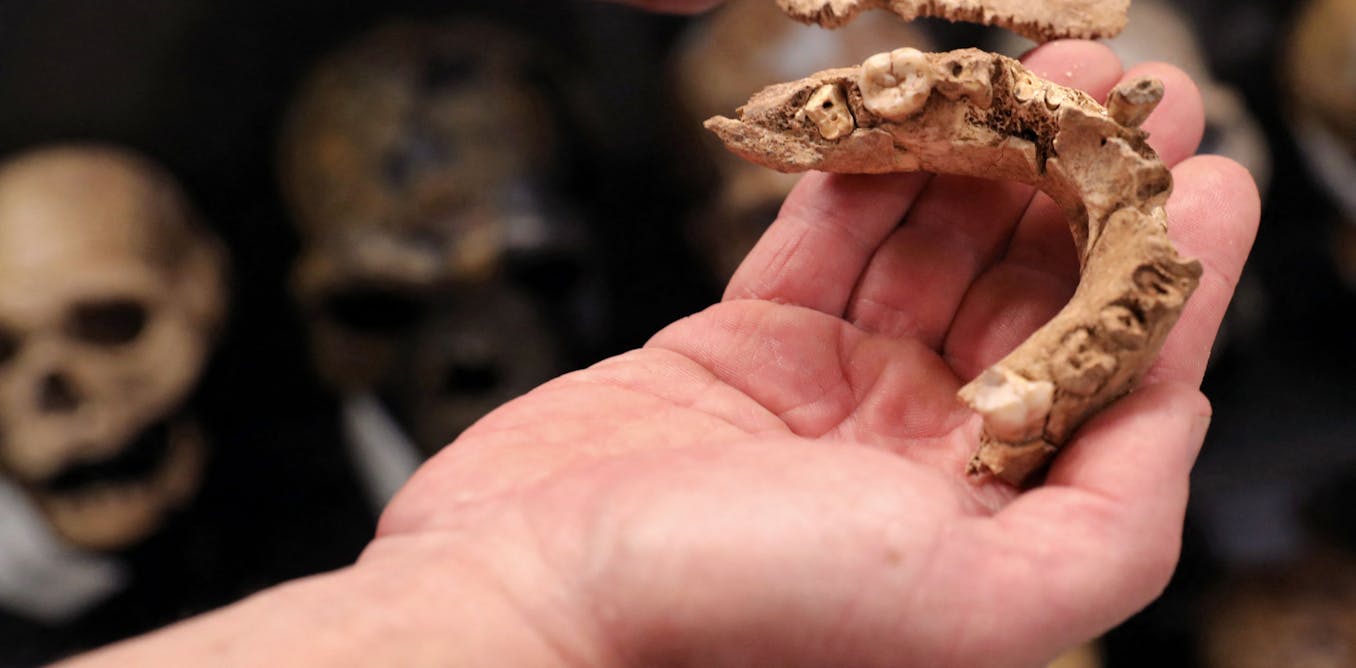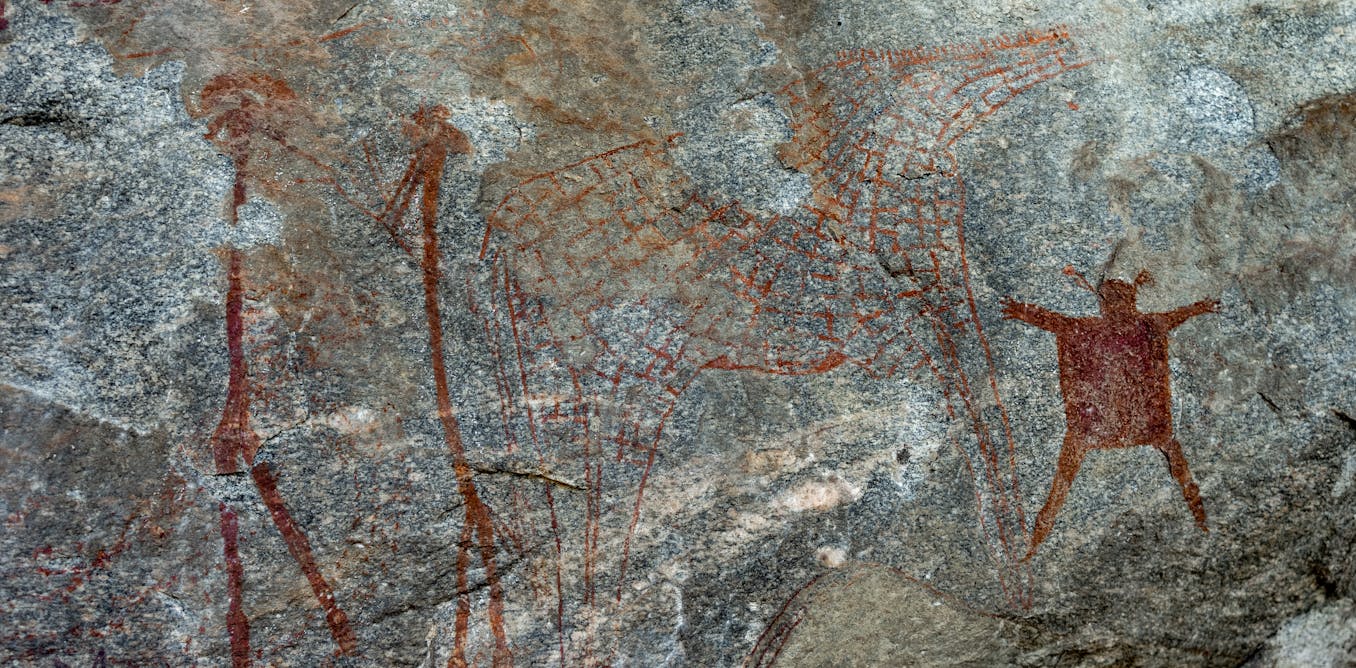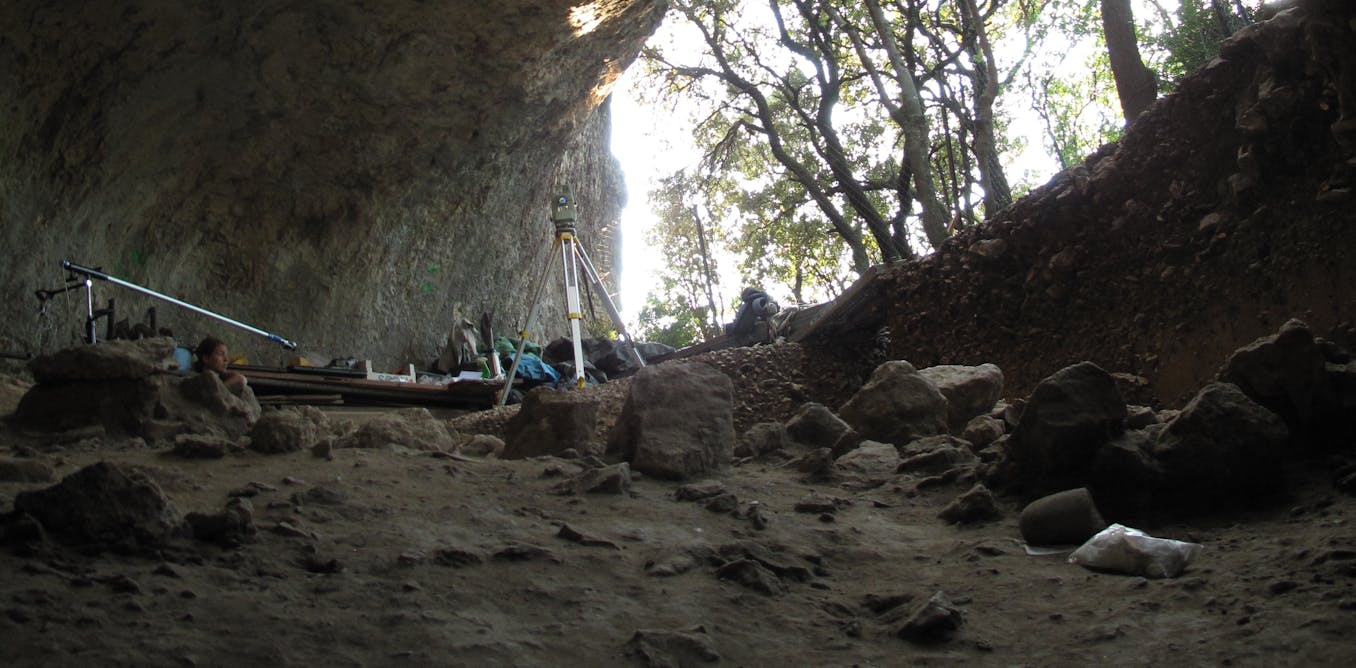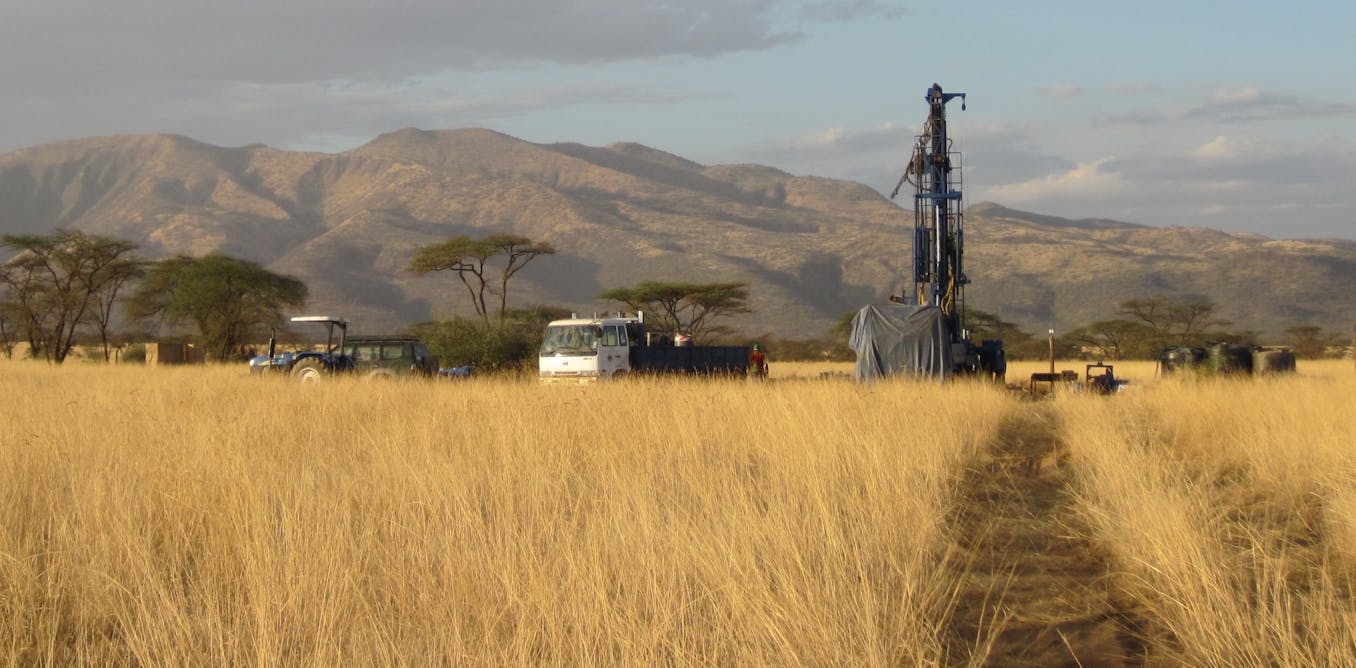Fossil teeth reveal how brains developed in utero over millions of years of human evolution – new research
Using a new equation based on today’s primates, scientists can take a few molar teeth from an extinct fossil species and reconstruct exactly how fast their offspring grew during gestation.
Jan. 25, 2023 • ~9 min







